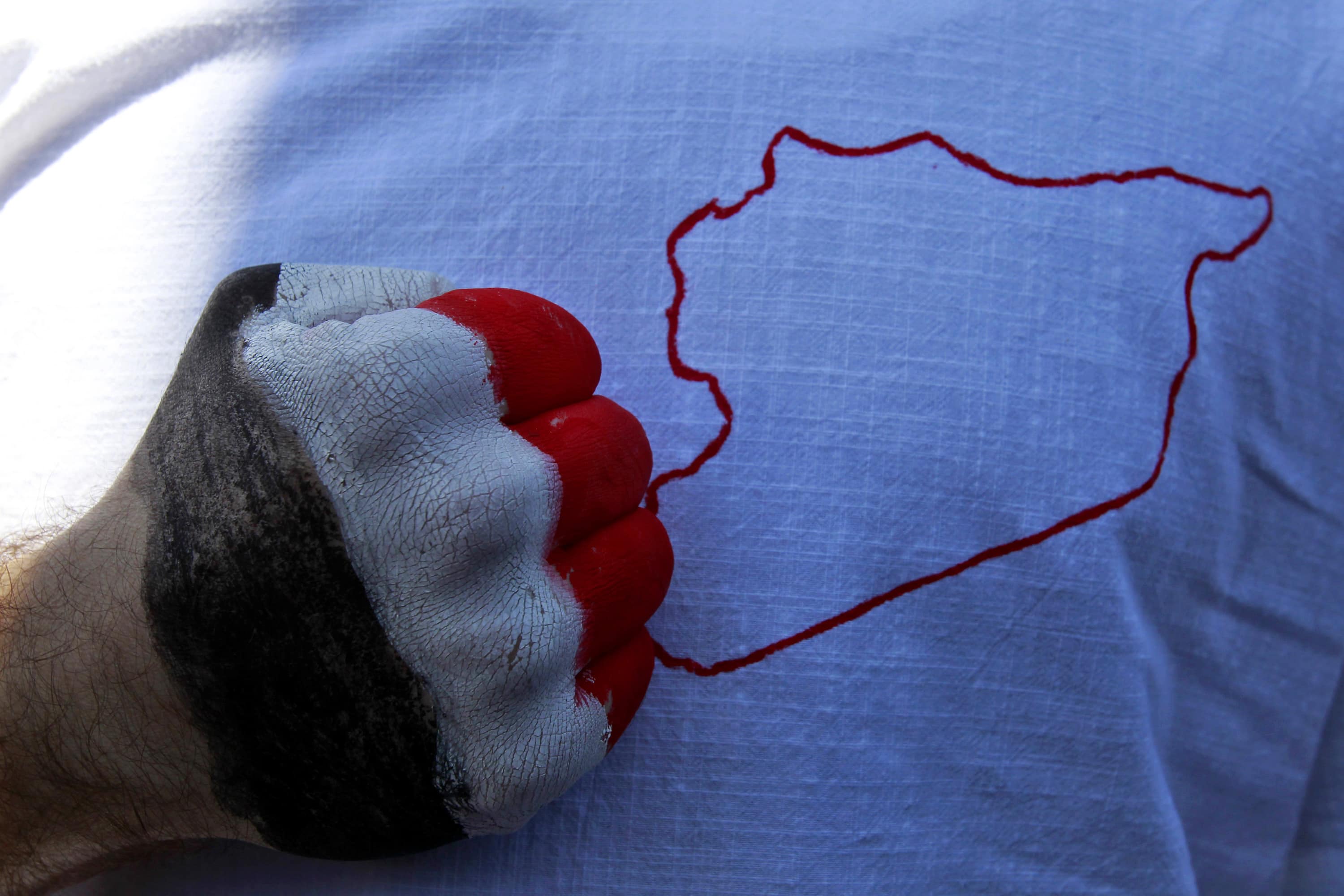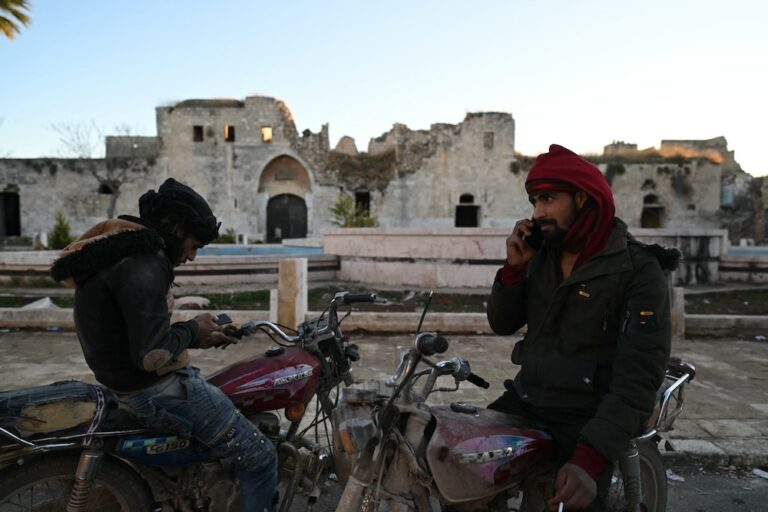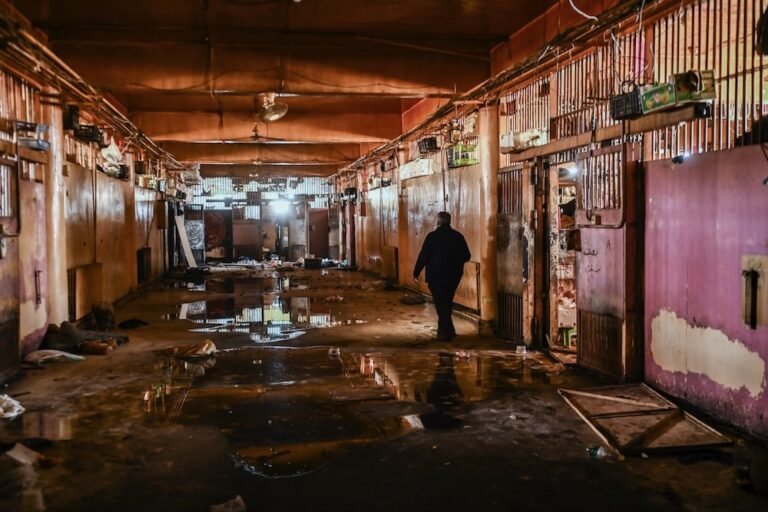Syria Tracker is a platform that collates and displays data on human rights abuses and other welfare issues caused by the Syrian conflict.
This statement was originally published on indexoncensorship.org on 11 March 2015.
By Will Haydon
Syria Tracker is a crisis mapping platform which collates and exhibits live data on human rights abuses and other welfare issues brought about by the Syrian conflict. Reports of killings, rapes, water and food tampering, and chemical attacks ongoing in Syria are geolocated and collated onto a live map by US-based volunteers.
Syria Tracker synthesises two pre-existing data-sourcing platforms: Harvard University’s Healthmap, which mines online sources to monitor disease outbreaks; and the crowdsourcing tool Ushahidi, originally built in 2008 to monitor post-election violence in Kenya.
The combination makes for meticulous accuracy, since data from one source is triangulated with the other, and unverified information is discarded – the volunteers behind Syria Tracker estimate that they only use 6 per cent of on-the-ground reports received. The news-tracking tool covers anti- and pro-Assad news sources to reduce potential bias.
The bloody conflict between the Syrian government and opposition groups, sparked by the 2011 protests across the Arab world and reignited in 2014 by the advance of IS, has made the country one of the deadliest in the world for journalists, with one of the worst records for free press. Syria Tracker’s founders encourage its civilian reporters to contribute anonymously, using encryption software such as Tor.
It uses a combination of user-generated reports, photos and videos – more than 80,000 of which have been sent to Syria Tracker since the conflict broke out in 2011 – and computer-aggregated data. The tool has digitally mined 180,000 articles from 2,000 news sources, and has also searched through more than 80 million tweets.
The map aims to provide Syrians and external relief-providers with a holistic depiction of the conflict, which is more accurate and up-to-date than traditional news sources are able to supply. In early 2014, for example, Syria Tracker warned of an outbreak of polio days before other news outlets, thanks to early civilian reports.
By assembling otherwise diverse data, the map has also illustrated developing trends in the country’s violent fighting. For example, in 2014 Syria Tracker showed a rise in the percentage of total deaths which were of women or children, indicating a rise in civilian targeting.
“It’s such a great honour to be nominated for the award,” said Taha Kass-Hout, founder of Syria Tracker, in a recent interview with Index on Censorship. “It shows that those voices on the ground that are sharing with the rest of the world are not going unheard. It shows them that the data that they are sharing means something.”



